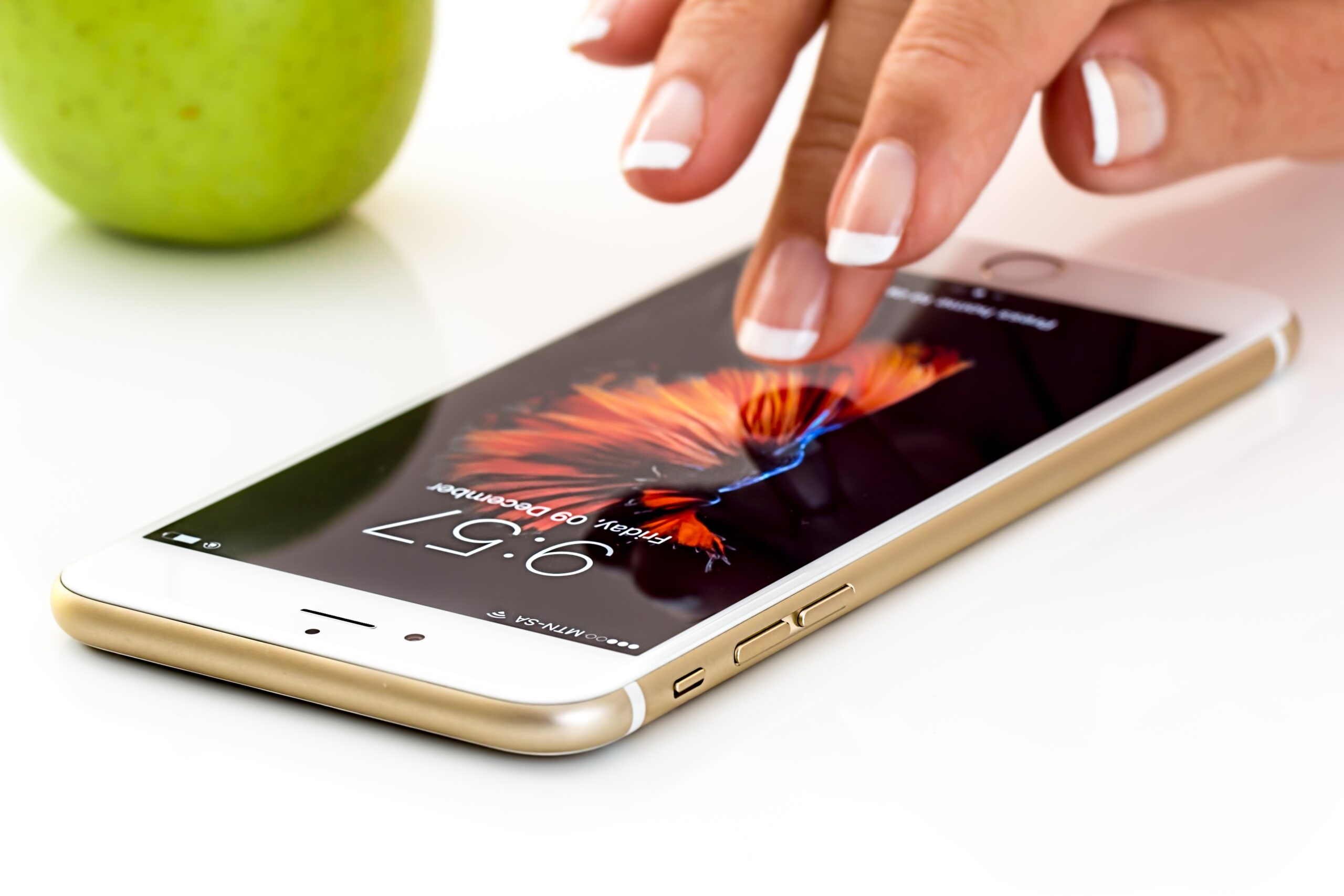Civilization
Upholding TikTok Ban Is a Matter of National Security
The author of a friend-of-the-court brief in TikTok v. Garland explains his position ahead of oral argument before the Supreme Court.

A showdown of sorts between the United States and China will begin on January 10 – not in the Pacific, but in the U.S. Supreme Court. That’s when oral arguments begin in an expedited appeal to overturn a new federal law mandating that TikTok divest from Chinese ownership by January 19, or face a shutdown in the United States.
What threat does TikTok pose?
Donald Trump, who during his first term appropriately supported the divestment, more recently professed, “I have a warm spot in my heart for TikTok.” And now he has weighed in on the Supreme Court case with an amicus brief arguing that the ban, scheduled to take affect the day before his inauguration, should be delayed until he has a chance to broker a potential deal in place of forced sale.
The case is crucially important not just because the app is used by 170 million Americans, or that TikTok’s Beijing-based owner ByteDance is tightly connected to the Chinese Communist Party (CCP), but because the app doubles as a sophisticated data mining operation that helps the CCP spy on, propagandize and potentially defraud 170 million U.S. citizens. For that overriding reason, the TikTok ban should be upheld and become the law of the land on January 19, as scheduled, as we at Advancing American Freedom argued in an amicus brief at the Supreme Court.
Some contend that we shouldn’t be alarmed by the fact that TikTok gathers vast amounts of data from its American users, arguing that all sorts of companies such as Apple, Facebook and Google vacuum up vast swaths of Americans’ data. Whatever one might think about those companies – and there are certainly valid criticisms of American Big Tech – they are not the CCP.
What the Chinese Communist Party wants
Accessing Americans’ data is an extremely high priority for the CCP. Just last month, U.S. security officials reported that nine telecommunications companies, including AT&T and Verizon, have been compromised by a far-reaching Chinese cyberespionage operation known as Salt Typhoon. The hack is so severe, according to one official, that it gave the CCP the ability to “geolocate millions of individuals, to record phone calls at will.” Government officials have been urged to use end-to-end encryption apps for all mobile communications.
TikTok parent company ByteDance, like every Chinese-based company, is bound by law to effectively serve as an intelligence arm of the CCP. “China-based employees of ByteDance have repeatedly accessed nonpublic data about US TikTok users,” leaked audio of more than 80 internal TikTok meetings has revealed. That in addition to the browsing search histories, location data and even facial profiles of American children that TikTok automatically harvests.
It’s not entirely certain how the CCP intends to weaponize American data, but we can certainly speculate, and it wouldn’t be good. It is known that ByteDance had designed a surveillance operation using the TikTok app to surreptitiously track the location of several U.S. journalists with the aim of triangulating and identifying specific company employees who had been leaking stories.
How the CCP tries to influence American opinion
It’s also well known that the CCP uses TikTok’s algorithm – and potentially TikTok influencers – to shape American public opinion. There can be little doubt that the CCP’s control over TikTok’s algorithm fueled the antisemitism that has roiled college campuses. In 2023, TikTok also allowed content promoting Osama Bin Laden’s “Letter to America” – the notorious terrorist’s justification for Al-Qaeda’s 9/11 attacks – to go viral. Unchecked, nothing would stop the CCP from running this same play on a larger scale if China were to invade Taiwan.
The Chinese government would have no problem with having non-state actors – even potentially criminal actors – do its dirty work for them by laundering the data to others. Much has been made in the legacy media about Russia’s disinformation efforts to sow distrust in our democratic system of government. But China’s information war is far worse.
Trump certainly has a record of pulling off deals that to most seemed impossible, including relocating the U.S. embassy in Jerusalem, brokering the Abraham Accords, and so on. While it is certainly possible that he could work out a deal with China, he has already forfeited any leverage by professing his love for the app. While Trump might be a star on TikTok, it would take very little for ByteDance to change its algorithm to target Trump as the app’s newest villain in his second term. And that’s just one more reason why the ban should be upheld.
This article was originally published by RealClearPolicy and made available via RealClearWire.
Tim Chapman is the President of Advancing American Freedom.
-

 Accountability2 days ago
Accountability2 days agoWaste of the Day: Principal Bought Lobster with School Funds
-

 Constitution2 days ago
Constitution2 days agoTrump, Canada, and the Constitutional Problem Beneath the Bridge
-

 Executive20 hours ago
Executive20 hours agoHow Relaxed COVID-Era Rules Fueled Minnesota’s Biggest Scam
-

 Civilization20 hours ago
Civilization20 hours agoThe End of Purple States and Competitive Districts
-

 Civilization4 days ago
Civilization4 days agoThe devil is in the details
-

 Executive4 days ago
Executive4 days agoTwo New Books Bash Covid Failures
-

 Civilization3 days ago
Civilization3 days agoThe Conundrum of President Donald J. Trump
-

 Executive4 days ago
Executive4 days agoThe Israeli Lesson Democrats Ignore at Their Peril














